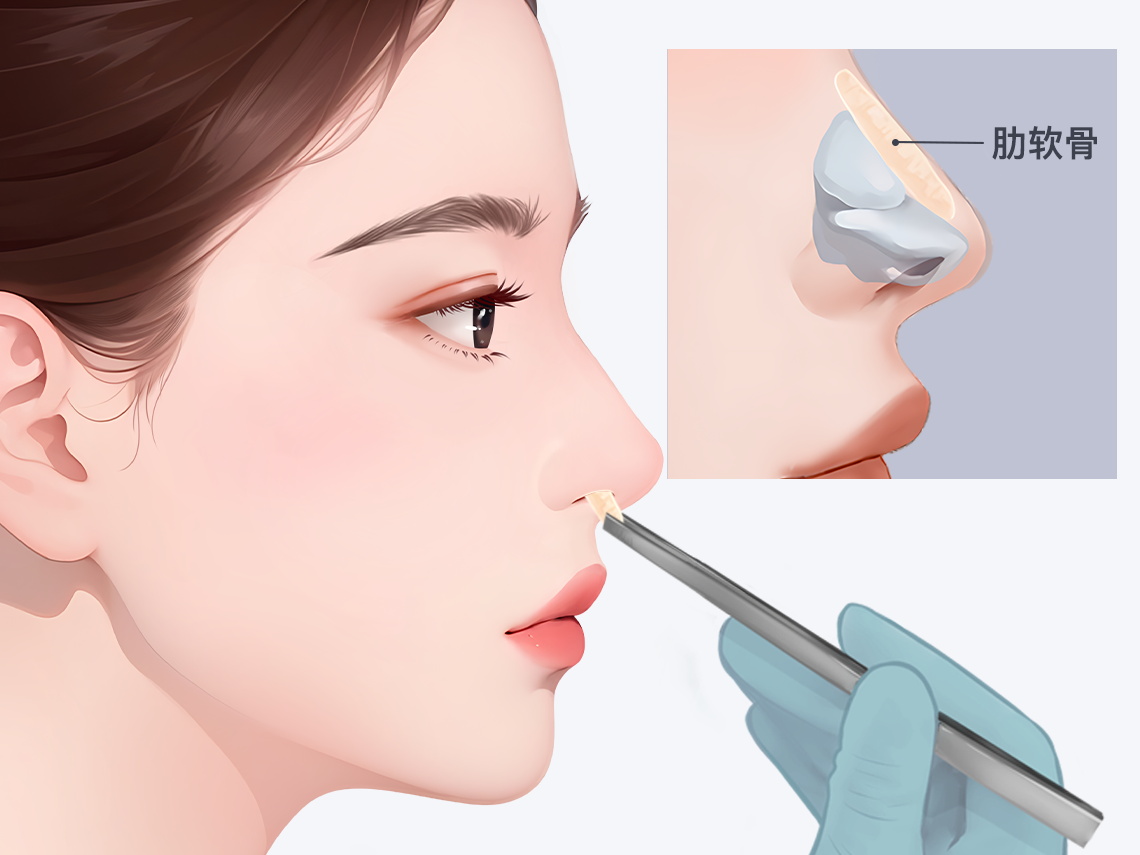How long after rib cartilage rhinoplasty can you drink alcohol?
In general, "rib nose" refers to rhinoplasty using rib cartilage. Typically, it is safe to consume alcohol 3 to 6 months after rib cartilage rhinoplasty, although the exact timing should be determined based on individual recovery progress. Alcohol can dilate blood vessels, increase the risk of bleeding, and interfere with immune system function. Additionally, alcohol may interact with medications taken after surgery, increasing the risk of side effects. Since rib cartilage rhinoplasty involves significant trauma and a longer recovery period, it is advisable to wait 3 to 6 months before drinking alcohol for optimal safety.
Analysis of Rib Cartilage Rhinoplasty:
Procedure Name |
Rib Cartilage Rhinoplasty |
| Example Image |  |
Procedure Overview |
Autologous rib cartilage is harvested, processed, sculpted, and then implanted into the nasal bridge area to improve the shape and height of the nose. |
Advantages |
1. High moldability 2. Natural-looking results 3. Good biocompatibility |
Potential Risks |
1. Nasal skin perforation 2. Cartilage deformation 3. Local hematoma or infection |
Duration of Results |
10–20 years |
Reference Price |
20,000–80,000 RMB per session |
After surgery, wounds should be cleaned regularly to prevent infection. Avoid strenuous exercise to prevent pulling or irritation of the surgical site. Consume foods rich in vitamins and protein to promote wound healing and tissue repair. Avoid spicy and greasy foods, which may impair recovery. Follow up with your doctor as recommended to monitor healing progress and address any potential complications promptly.




